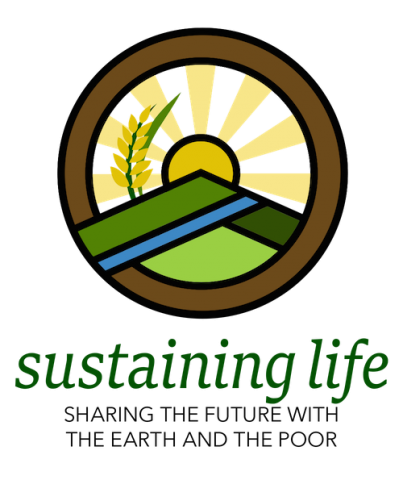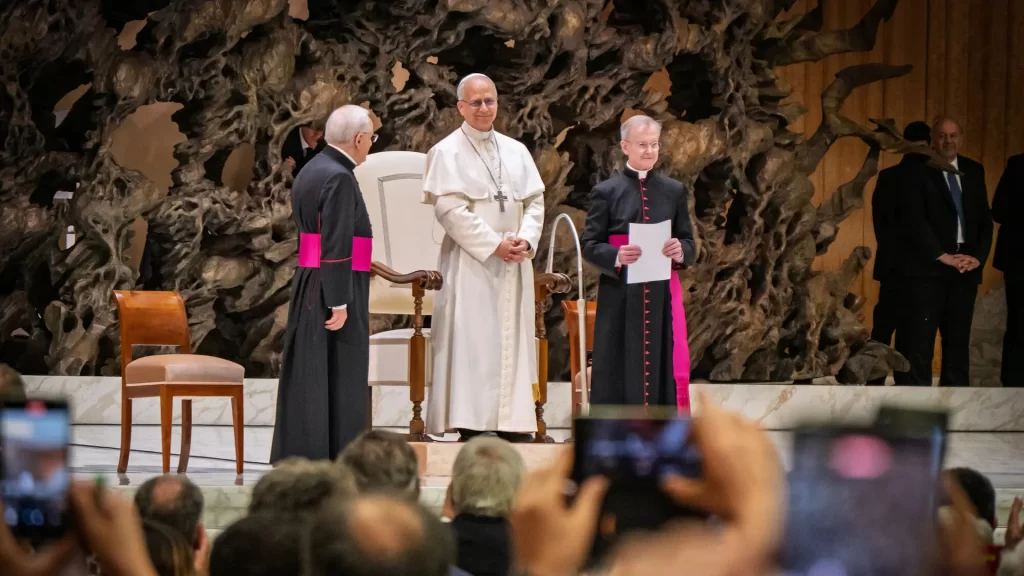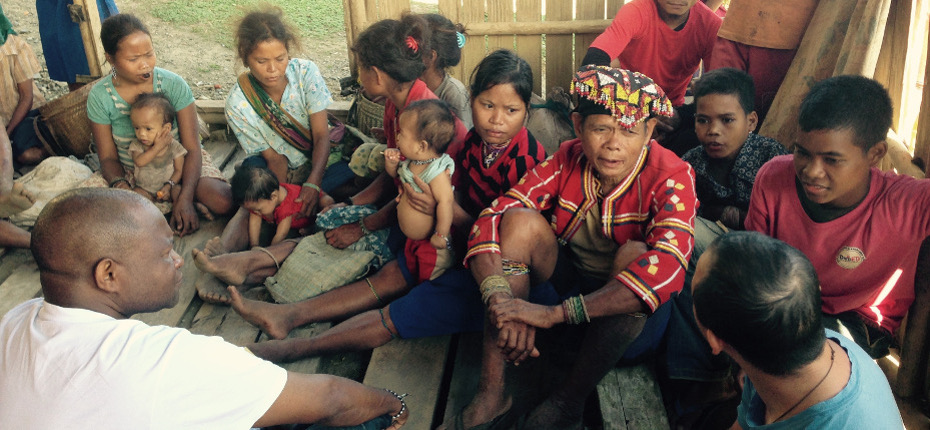
“Sustainability of life has to do with a community-based approach to learning, in which children learn and enhance their knowledge in relation to their environment. This way of learning stands in sharp contrast with conven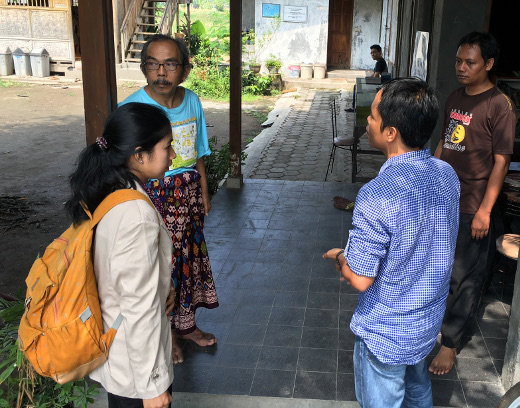
In Laudato si’, Pope Francis spoke of the human and spiritual values of “a greater sense of responsibility, a strong sense of community, a readiness to protect others, a spirit of creativity and a deep love for the land” that “are deeply rooted in indigenous peoples”(LS 179).
Indeed for the upland indigenous communities of northern Thailand, sustainability means knowing who they are, putting a stop to the exploitation of nature and returning to organic farming.
Pha tij Loi Cie, a Karen elder of the village of Dokdaeng, elaborated, “We are not the owners. We are the visitors of the earth. The people do not know their blessings from Ywa and Taj Thi Ta Tau and they continue to exploit the land, the soil, the air, the water, the earth. The way forward is through traditional and old ways. Otherwise, there is no hope of sustainability.”
Pa La, a young married Karen woman and cash crop farmer, says there is a need to “decrease chemical farming and increase organic farming”. This can be as simple as using cow dung for fertiliser and planting our own vegetables. But, she added, young people and children should be knowledgeable about their local costumes, and women should learn weaving, sewing and handicrafts, like basket making, just as she learned from her elders.
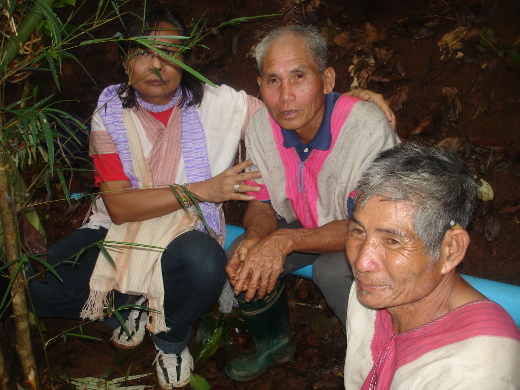
Religious leaders Kihai and Singtong explained that rituals have kept the sacredness and sustainability of their thick forest (seif dof wa pgaj). “Rituals help in the cultural negotiation between the villagers-leaders and the Thai state in taking over our land for wildlife sanctuaries, national parks and forestry conservation areas,” they said. “The National Park and Forestry officials never enter these areas as they are taken care of by the villagers. Rituals enable the sacredness and sustainability of the pgaj (forest) and the wa (a kind of bamboo).”
For Buddhist widow Pu Zo, sustainability involves buadpa, a Buddhist ritual of “ordaining” the forest, even the river, in order to reinforce the sustainability of the resources in the village. Once the forest or the river is “ordained”, certain taboos and regulations have to be observed. She gave this example to illustrate her point: “If you hunt in the open area, and a deer enters the buadpa area, then you have to refrain from hunting the deer.” Giving another example, she said, “You can get dry wood from buadpa area but not living wood. You can get bamboo shoots and cut the wood to be used as pillars of the house but not for sale, only for community use.” The consequence of such religious spatial conservation is that “now there are many wildlife in the buadpa areas”.
This month, Pope Francis asks that we pray “that indigenous peoples, whose identity and very existence are threatened, will be shown due respect”.
In August 2016, the Jesuit Conference of Asia Pacific will be convening a multi-sector meeting titled “A call to dialogue on sustainability of life in the ASEAN context” in Yogyakarta, Indonesia. In the run up to this, we are publishing stories on sustainability as it relates to one of the nine participating sectors – Dialogue with Buddhism, Dialogue with Islam, Indigenous Ministry, Social Apostolate, Migration, Reconciliation with Creation, Higher Education, Basic Education and Formation.
Related stories:
Registration opens for the JCAP conference on sustainability
Converging to dialogue on sustainability of life

